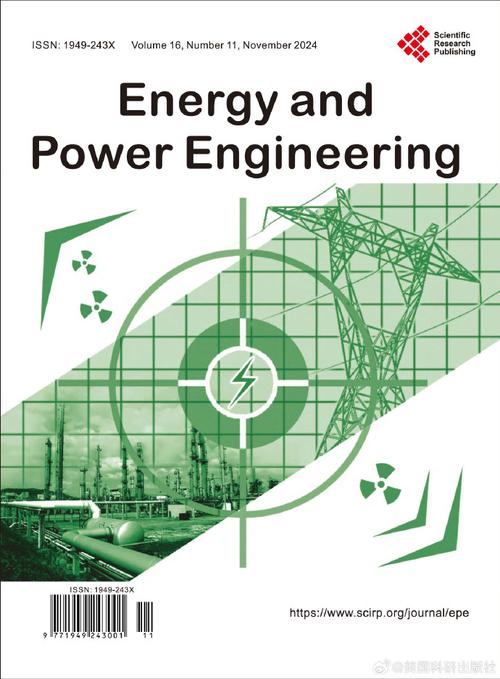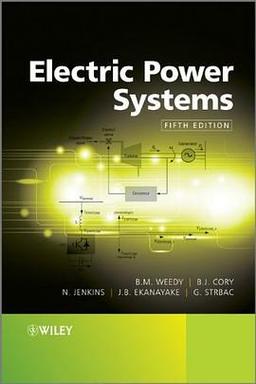
Energy Systems and Power Engineering: A Comprehensive Guide for Aspiring Professionals
Understanding the intricacies of energy systems and power engineering is crucial for anyone looking to make a significant impact in the field of energy. This article delves into the various aspects of energy systems and power engineering, providing you with a detailed overview to help you navigate this dynamic and ever-evolving industry.
What is Energy Systems and Power Engineering?
Energy systems and power engineering encompass the design, analysis, and operation of systems that generate, transmit, distribute, and utilize energy. This field is essential for ensuring reliable and efficient energy supply to meet the growing demands of society.

Key Components of Energy Systems
Energy systems are composed of several key components, each playing a vital role in the overall process. These components include:
| Component | Description |
|---|---|
| Generation | Production of energy from various sources, such as fossil fuels, nuclear, renewable energy, and others. |
| Transmission | Transportation of energy from generation sites to distribution centers. |
| Distribution | Delivery of energy to end-users through a network of power lines and transformers. |
| Utilization | Conversion of energy into useful forms, such as electricity, heat, and mechanical power. |
Power Engineering: The Heart of Energy Systems
Power engineering is the branch of energy systems and power engineering that focuses on the generation, transmission, and distribution of electrical power. It involves the design, construction, and operation of power plants, transmission lines, and distribution networks.
Types of Power Generation
Power generation can be categorized into several types, each with its unique characteristics and applications:
-
Fossil Fuels: Coal, oil, and natural gas are the primary sources of energy for power generation. These fuels are burned to produce steam, which drives turbines to generate electricity.

-
Nuclear Energy: Nuclear power plants use nuclear fission to produce heat, which is then used to generate steam and drive turbines.
-
Renewable Energy: Solar, wind, hydro, and geothermal energy are renewable sources of power generation. These technologies harness natural energy sources to produce electricity without emitting greenhouse gases.
Power Transmission and Distribution
Power transmission involves the high-voltage transmission of electricity over long distances. This process requires robust infrastructure, such as transmission lines and transformers, to minimize energy losses and ensure reliable delivery. Power distribution, on the other hand, focuses on the delivery of electricity to end-users through a network of power lines and transformers.
Challenges and Innovations in Energy Systems and Power Engineering
The energy systems and power engineering industry faces several challenges, including:
-
Energy Security: Ensuring a stable and reliable energy supply to meet the growing demands of society.
-
Environmental Concerns: Reducing greenhouse gas emissions and minimizing the environmental impact of energy production and consumption.
-
Technological Advancements: Keeping up with the rapid pace of technological innovation in the field of energy systems and power engineering.
Several innovations are being developed to address these challenges, such as smart grids, renewable energy integration, and energy storage solutions.
Education and Career Opportunities in Energy Systems and Power Engineering
As the demand for energy continues to grow, so does the need for skilled professionals in the field of energy systems and power engineering. Here are some education and career opportunities in this field:
-
Undergraduate Degrees: Bachelor’s degrees in electrical engineering, mechanical engineering, or energy systems engineering provide a strong foundation for a career in this field.
-
Graduate Degrees: Master’s and Ph.D. programs in energy systems and power engineering offer advanced knowledge and research opportunities.
-
Professional Certifications: Various certifications are available to enhance your skills and knowledge in specific areas of energy systems and power engineering.
With a solid education



